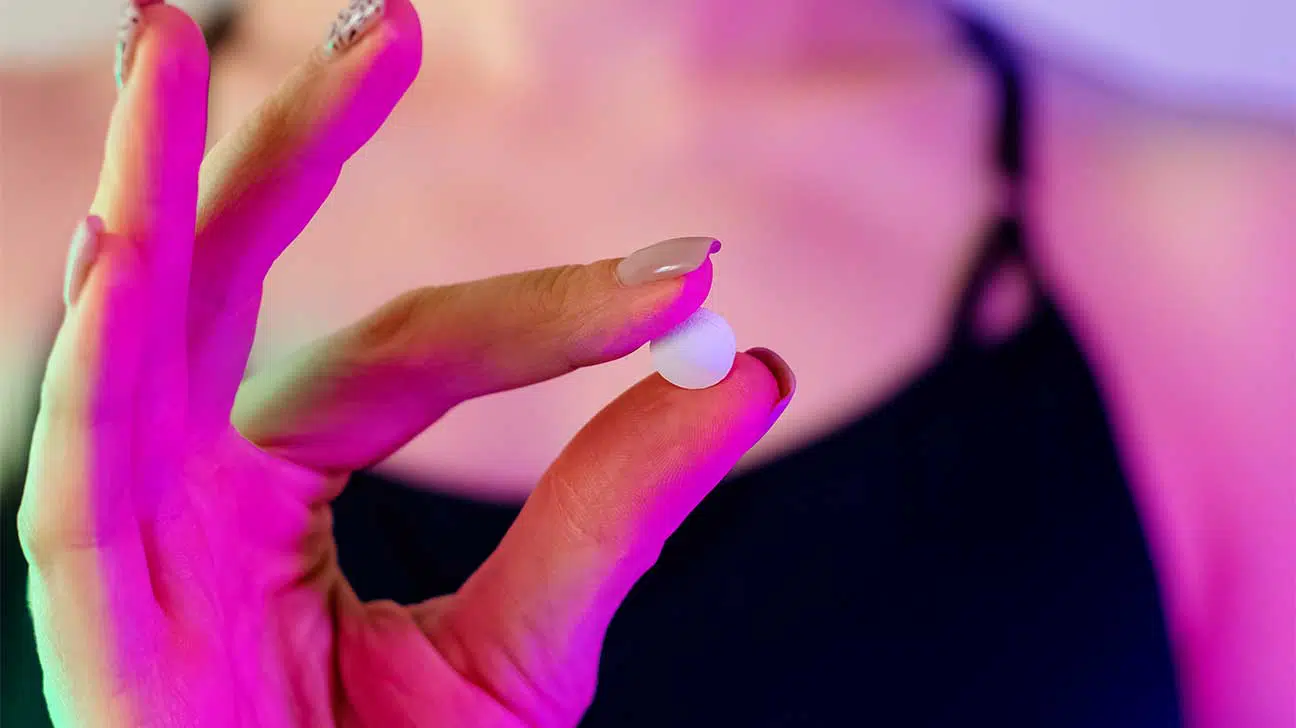
When cocaine and ecstasy mix, the effects of both drugs can worsen significantly, resulting in a series of physical and psychological effects.
Both cocaine and ecstasy are stimulant drugs, but ecstasy also has an added layer of hallucinogenic effects.
When two stimulants mix, the body can become extremely overstimulated and produce responses like increased blood pressure and rapid heart rate.
Learn more about what happens when you mix multiple drugs
Side Effects Of Mixing Cocaine And Ecstasy
Ecstasy, also known as MDMA or molly, acts as both a stimulant and psychedelic. Mixing this with cocaine can cause a range of unwanted and potentially life-threatening effects.
These include:
- tremors
- pupil dilation
- cardiac arrhythmias, an abnormal heart rate
- erratic behavior
- paranoia
- nausea or vomiting
- stroke
- seizure
- coma
- restlessness
- excessive sweating
- dehydration
- jaw clenching
The Dangers Of Mixing Cocaine And Ecstasy
There are a few major risk factors associated with combining cocaine and ecstasy.
These are both powerful stimulant drugs that can lead to addiction and overdose when used alone, and the risk only increases when they are combined.
Can Trigger Heart Attack
Both cocaine and ecstasy can trigger a heart attack. When the two are combined, it may take even less of these substances to induce cardiac arrest.
Cocaine and ecstasy significantly increase the body’s heart rate and blood pressure.
And because this mixture is a common party drug, the combination of a drug-induced increase in heart rate and dancing can both lead to cardiac arrest and sudden death.
Other Effects On The Heart
These drugs, if used frequently, can also lead to cardiovascular diseases. A person who uses one or both of these substances on a regular basis may not know they’ve contracted heart disease.
An underlying condition such as this will also increase the risk of a heart attack.
Researchers have also found that ecstasy requires the heart to use more oxygen than other stressors. This puts individuals who use the drug at a greater risk of something like a heart attack.
Long-Term Addiction Can Form
Studies have found that when people use cocaine and other stimulants like ecstasy together, there are significant changes in the brain.
Long-term cocaine and ecstasy use can alter the motivation and reward center cues in the brain.
In order to maintain this balance, a person will feel a strong pull to take these substances again and again.
This cycle of providing the body with these chemicals can lead to physical dependence and addiction.
Negative Impact On Mental Health
One study revealed that people who use cocaine in combination with other drugs suffered from more mental illnesses.
Using cocaine and ecstasy together can lead to:
- depression
- anxiety
- maladjustment, an inability to cope with the demands of everyday life
How Common Is Mixing Cocaine And Ecstasy?
According to the U.S. National Library of Medicine, ecstasy is considered the “universal compliment” when it comes to “club drugs.”
Though this is a dangerous combination, researchers found that ecstasy and cocaine are the two most common club drugs combined with other substances.
When a group of individuals who use club drugs was asked about polydrug use, 37.4% said they combined ecstasy and cocaine.
Research has shown that these club drugs have been linked to a number of negative consequences, including overdose and abuse.
Find Treatment For Cocaine And Ecstasy Addiction
Addiction treatment is available for those who want to recover from an addiction to cocaine, ecstasy, or both substances.
Explore options in addiction treatment such as outpatient rehab, inpatient rehab, medication-assisted treatment (MAT), and more.
To learn more, call our helpline and talk to a representative today.
Addiction Resource aims to provide only the most current, accurate information in regards to addiction and addiction treatment, which means we only reference the most credible sources available.
These include peer-reviewed journals, government entities and academic institutions, and leaders in addiction healthcare and advocacy. Learn more about how we safeguard our content by viewing our editorial policy.
- Drug Enforcement Administration (DEA)—Ecstasy/MDMA
https://www.dea.gov/sites/default/files/2020-06/Ecstasy-MDMA-2020_0.pdf - U.S. National Library of Medicine—Polydrug use among club-going young adults recruited through time-space sampling
https://www.ncbi.nlm.nih.gov/pmc/articles/PMC2683356/


